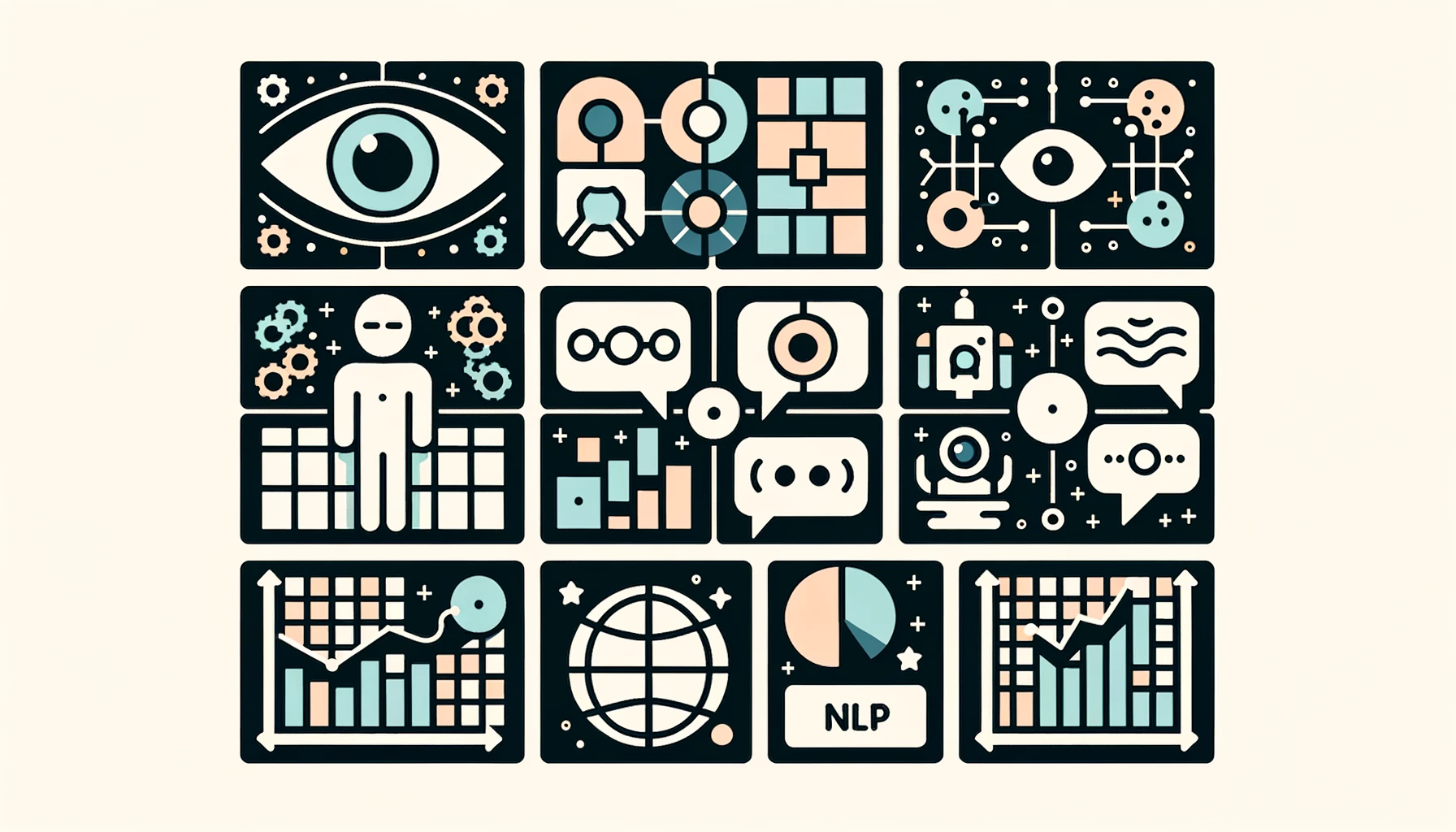In my years of balancing my life as a software developer, Christian leader, and creator of FaithGPT, I've seen firsthand the amazing potential and ethical dilemmas posed by Artificial Intelligence. Let me start with a controversial statement: AI should never replace Pastors or Christian community. Shocking? Maybe not, but some in the tech industry seem to believe otherwise.
For foundational theological context, explore Understanding the Gospel, AI and Christian Ethics, Scripture Insights, and [These questions are becoming increasingly relevant as AI technology becomes more integrated into our daily lives. You're not alone in struggling to reconcile your faith with modern tech; I’ve been there too.
The Ever-Present Challenge
I vividly recall a church meeting where I explained my intention to use AI to deepen biblical understanding. Some were skeptical, and rightfully so. Pastors feared AI might replace human leadership. Parents worried about the impact on their children's faith. These challenges spurred me to search Scripture for guidance.
"For the word of God is alive and active. Sharper than any double-edged sword, it penetrates even to dividing soul and spirit, joints and marrow; it judges the thoughts and attitudes of the heart." ; Hebrews 4:12 (NIV)
The question of a soul is deeply theological. AI, regardless of how advanced, lacks a soul. It doesn't have a relationship with God nor can it experience redemption or grace.

Encouraging Discernment
Beware of Over-Reliance
It's easy to become overly dependent on AI for answers, but Scripture encourages us to seek wisdom, knowledge, and understanding directly from God.
"Trust in the Lord with all your heart and lean not on your own understanding; in all your ways submit to him, and he will make your paths straight." . Proverbs 3:5-6 (NIV)
Prayer and Reflection
Encourage prayer and reflection. While AI can offer insights, the ultimate guide is the Holy Spirit. Make room for quiet time and spiritual disciplines that AI cannot replace.
Balancing AI and Personal Study
Strategies for Effective Bible Study

- Combine AI Tools with Traditional Methods: Use AI for contextual understanding but rely on personal study and group discussions for deeper insights.
- Regularly Check AI Reliability: Ensure the AI tools you're using are theologically sound and biblically accurate.
- Incorporate Multiple Sources: Use commentaries, sermons, and other traditional resources alongside AI tools.
Enhancing Group Studies
Incorporate AI tools to enhance group studies. Use AI to facilitate discussions, but always bring back the focus to human interaction and communal discernment.
Conclusion
Embracing AI.Biblically
Let’s embrace AI as a valuable tool, remembering that our ultimate guidance comes from Scripture and community. Together, we can leverage technology to deepen our relationship with God while staying true to Christian values.
"Trust in the Lord with all your heart and lean not on your own understanding; in all your ways submit to him, and he will make your paths straight." , Proverbs 3:5-6 (NIV)
For further reading, check out these related articles:





